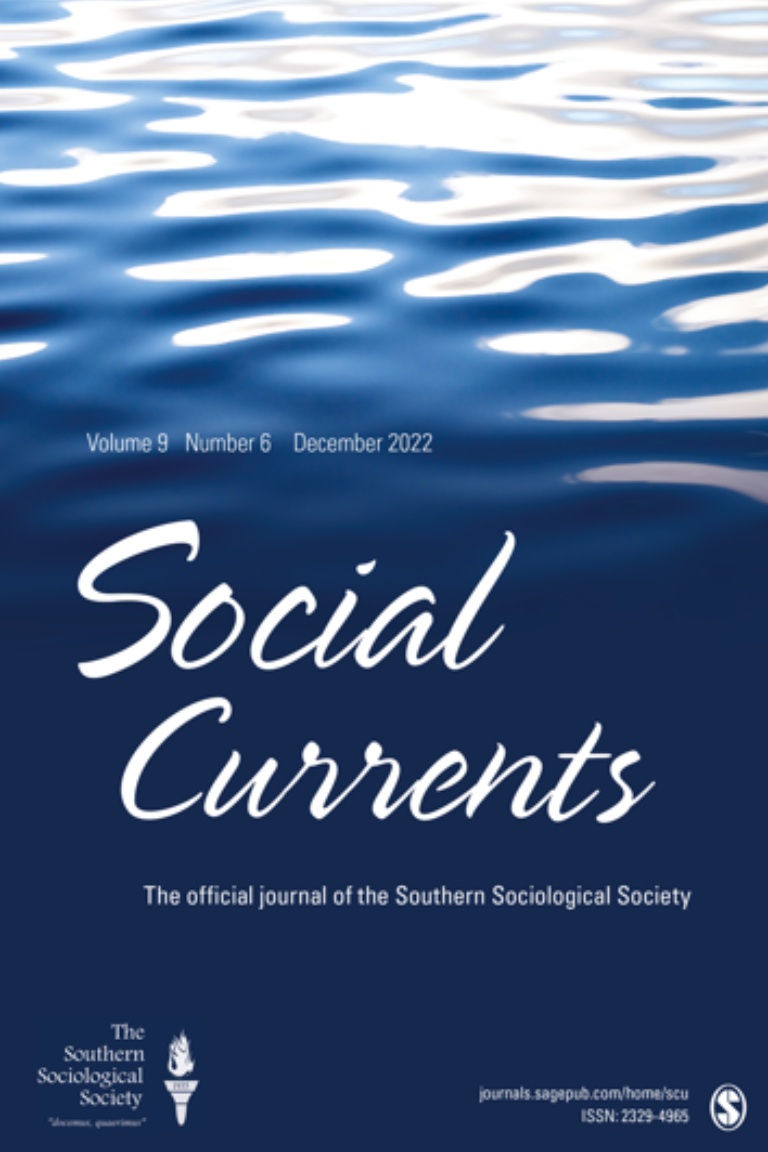From: Justice Quarterly
Many theories assume legal compliance stems from rational deliberations about consequences of disobedience. In contrast, morality theories such as Wikström’s Situational Action Theory contend personal morality and moral contexts provide a “filter” prohibiting some people from perceiving and contemplating criminal actions as realistic possibilities. We examine this moral filtering hypothesis using face-to-face household survey data from 573 adults in the Dhaka District of Bangladesh. Results suggest individuals with higher levels of personal morality (moral beliefs; guilt from contemplating violence; moral identity; emotional empathy) and exposure to strong moral settings are less likely to contemplate aggressive and violent actions in response to a provocation. Furthermore, these dimensions of personal and contextual morality appear to be indirectly linked to violent criminal actions through individuals’ tendencies to contemplate aggressive actions when provoked. Overall, our initial inspection of the moral filter hypothesis provides substantial support and highlights areas for theoretical clarification and additional research.

 The College of Arts
The College of Arts